Here's some stuff that happened in the past
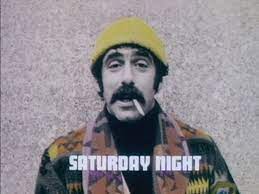
In the mid 1970s television lagged far behind film, music and stand-up comedy in hipness, transgression and social commentary. That’s a big part of the reason Saturday Night Live was initially seen as so audacious and revolutionary.
Future Saturday Night Live host Norman Lear had single-handedly dragged television into the 1970s with his pioneering comedies. Otherwise the boob tube was largely the domain of cheesy variety shows, sitcoms with canned laughter and an endless series of interchangeable cop, doctor and lawyer shows.
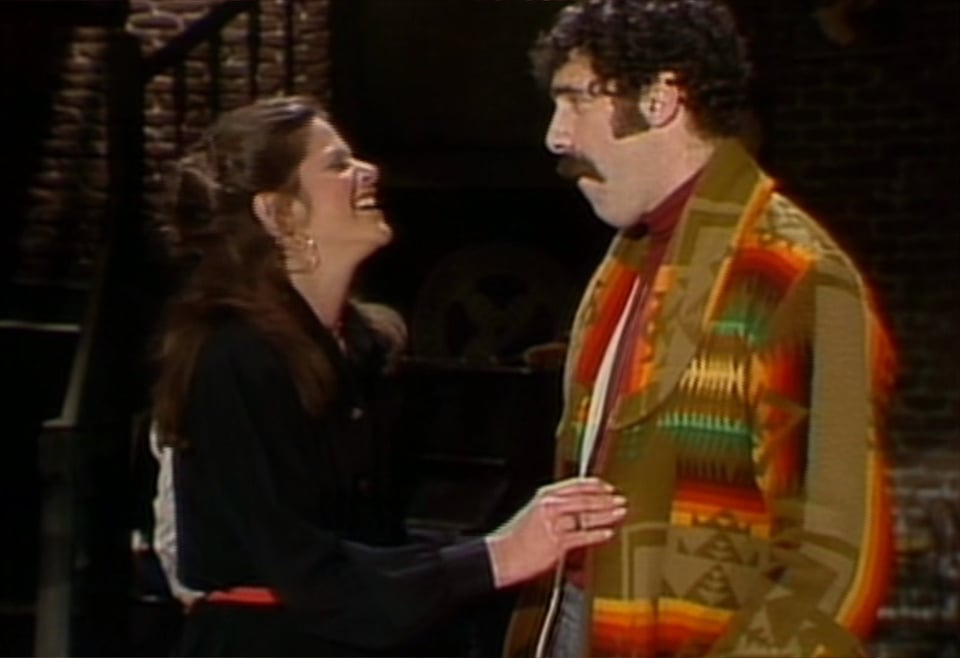
Lorne Michaels was consequently able to channel the rebelliousness of other, less innately commercial mediums through his hosts and musical guests. In the late 1960s and 1970s New Hollywood created a galaxy of new and improbable stars with offbeat good looks, oddball charisma and scruffy countercultural attitudes.
The 1970s made massive movie stars out of actors like Elliott Gould, who would probably be relegated to character actor parts in any other era. Gould was an unlikely top box office attraction. That made him perfect for Saturday Night Live.
Gould hosted Saturday Night Live early and often. He was a member of the distinguished five timers club, having hosted six times. Gould made history and not necessarily in a good way when he became the first host of the notorious, Lorne Michaels-free 1980-81 season. In a possibly related development Gould has not hosted the show in the ensuing forty-four years.
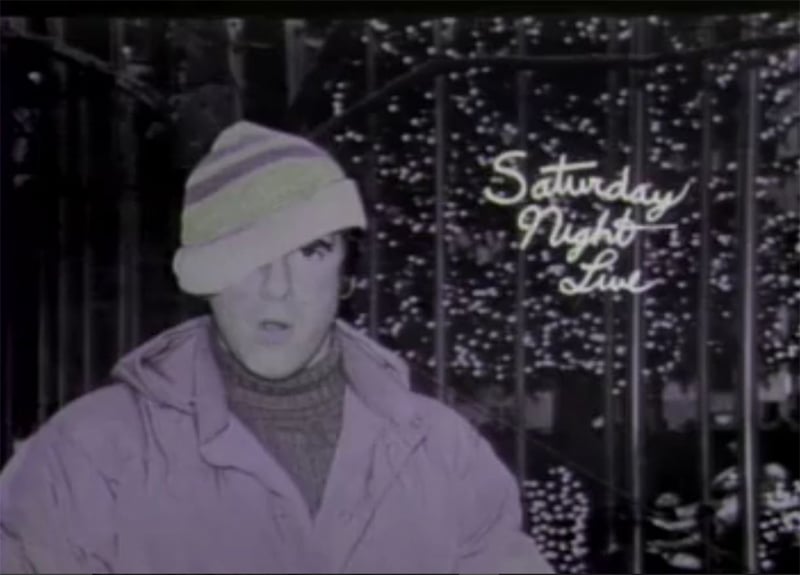
Barbra Streisand’s ex-husband bounds onstage with a cigarette in his mouth while sporting an impossibly loud jacket. He’s loose and possibly stoned as he sings and dances his way through some jazz standard the audience’s parents and grandparents might be familiar with.
The M*A*S*H star has something all good Saturday Night Live possess: confidence. A truly confident host puts audiences at ease. They know that they are in good hands.
That’s Gould here in sketches like “Interior Demolitionists”, which casts the actor and Chevy Chase as professional demons of destruction who enter the homes of clients and cause as much damage as humanly possible.
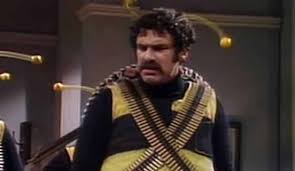
The actors bring a sense of child-like joy to their pointless rampage, their silly symphony of destruction. There’s something about seeing things demolished for no damn reason at all that connects us all to our belligerent inner children.
The sketch closes with a father played by Dan Aykroyd expressing anger and dissatisfaction with the interior demolitionists not because they caused so much unnecessary damage but rather because they didn’t cause enough.
As the star and co-screenwriter of The Blues Brothers Aykroyd is a preeminent architect of comic mayhem. He understands more than anyone else just how satisfying it can be to see things crashed and blown up and otherwise reduced to rubble.
This is followed by a Michael O’Donoghue-written sketch with John Belushi as Vito Corleone discussing his rather unique business problems in a group therapy session overseen by Gould’s shrink.
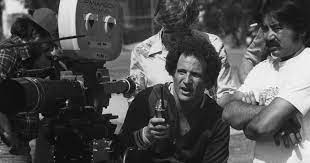
Belushi captures Brando’s distinctive gestures and voice but he also captures his ineffable essence. The juxtaposition of therapy talk and mafia melodrama anticipates Analyze This, which of course co-starred a Saturday Night Live alum who was cut from the very first episode.
The Bees reappear in outlaw garb for a deeply meta bit where John Belushi breaks the fourth wall because the camera is in the wrong place. They call upon Lorne Michaels for assistance and learn that the guilty party is real-life Saturday Night Live director Dave Wilson, who fell off the wagon and is running the show while soused.
Michaels wasn’t just the boss; he was also a regular presence on the show, one of the many memorable characters gallivanting about 30 Rock.
The show’s highlight is the final short film from Albert Brooks. It’s another post-modern exercise in meta-comedy that finds Brooks hiring a company to do extensive audience testing to see how he can better serve his audience.
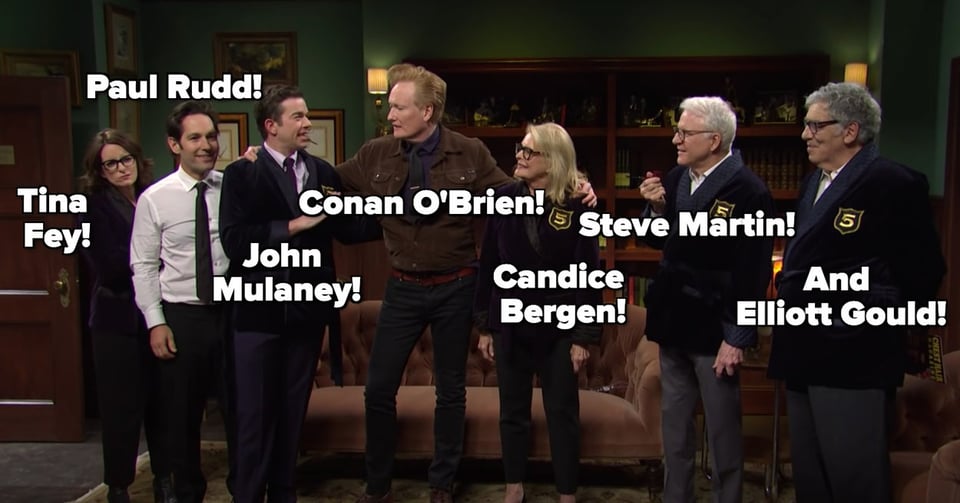
Brooks learns just how intensely much of the American people despise him and his comedy in a sequence whose intimidating white chilliness is downright Kubrickian.
Brooks’ last gift to Saturday Night Live maintains the high standards of his previous work for the show.
The comic genius would never host Saturday Night Live. His distinguished time at Saturday Night Live had ended prematurely but Gould’s relationship with the zeitgeist-capturing sketch comedy institution has just begun.
You just read issue #14 of Every Episode Ever. You can also browse the full archives of this newsletter.
-
I posted this on Facebook, but might as well add it here too: As a Nova Scotian, it was a BIG deal to see Anne Murray on SNL. I think she was on twice, maybe it was Burt Reynolds who requested her to perform when he hosted?

Add a comment: